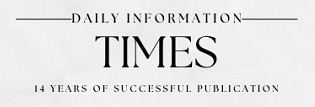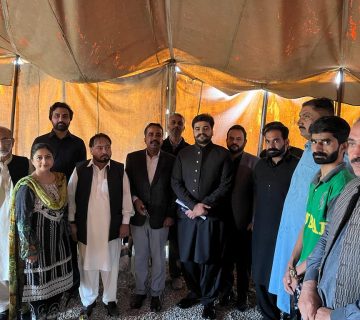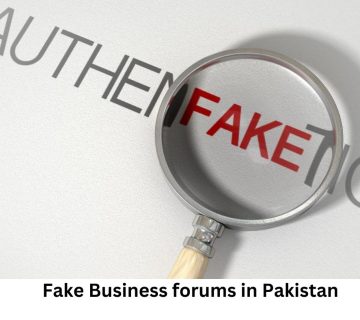KARACHI, April 03:Pakistan’s economy has partially shut down and millions of people have lost jobs due to continuous political instability. The nation is destined to encounter hyperinflation with the domestic currency likely plunging to Rs500 against the US dollar if the situation persists.
Former prime minister Nawaz Sharif also anticipated late last week that the local currency could slump to Rs500 against the greenback, if the political situation worsens.
Against this backdrop, business leaders demand that all stakeholders end the political deadlock, mend bridges and work towards political unity and stability in a bid to rescue, rehabilitate and revive the economy.
They said the coalition government should choose the path of reconciliation instead of a collision course and the Pakistan Tehreek-e-Insaf (PTI) should also soften its tone in the greater national interest.
Ehsan Malik, the CEO of the Pakistan Business Council (PBC), a business advocacy forum of leading corporates and business groups, said the political instability has created a huge trust deficit between the world—including the International Monetary Fund (IMF)—and the country’s political leadership, including both the government and the opposition, resulting in shutting down of the economy.
“The trust deficit is the main cause of all deficits like current account deficit and fiscal deficit,” he said.
He said the situation has worsened to a level that people are dying in stampedes at wheat distribution outlets and charity handouts. “This is a very serious situation. Forget about reviving the economy unless we have political unity in the country,” he added.
He asked as to who will trust and fund a nation that stands divided. “Pakistan is witnessing deep partisan political divisions. Unfortunately, the Supreme Court also seems divided. The divide must turn into unity.”
Malik said if the political situation continues to worsen, the economy will shut down completely. “Fortunately or unfortunately, elections are a must to achieve political stability and let the economy stage a comeback. Politics is the art of compromise,” he said
He advised the country’s political leaders to tone down rhetoric; adopt reconciliatory politics and let the economy revive. He said PTI chief Imran Khan believes that the real stakeholders are in Rawalpindi. “That’s why Khan says talking to the people in the government is meaningless.”
Malik said the political leadership should build a consensus for a charter of economy. The stakeholders must build consensus for increasing the number of taxpayers and addressing circular debt. The National Finance Commission (NFC) award also should be renegotiated.
Karachi Chamber of Commerce and Industry (KCCI) President Mohammad Tariq Yousuf asked politicians to return to the negotiation table in the greater national interest. “The economy should lead politics instead of politics leading the economy,” he said.
He warned that the economy may receive a serious setback at the end of the holy month of Ramazan and Eid Ul Adha if political instability continues.
“The little financing available in the economy due to people’s charity would vanish after Ramazan and the economy will face the worst crisis. It is high time for politicians to think about the economy and people and resolve issues through talks,” he said.
“We need investment to fix the economy. Investors would not come back until political stability is ensured,” he added.
Others said the full focus on politics and no time for economy has already resulted in inflation rising to 35.4% in March and the local currency depreciating by 54% to Rs284 against the US dollar.
If the political situation worsens and the IMF programme is not revived soon, the nation may encounter hyperinflation at above 50% in the months to come, they added.




No comment